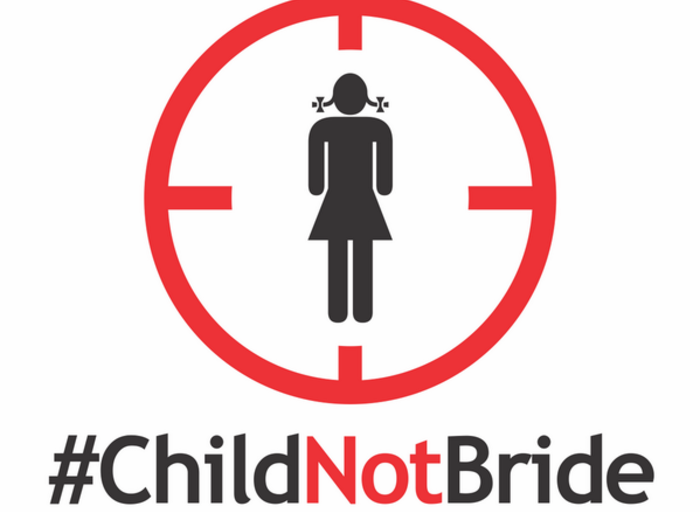The Dutch Government, in collaboration with UNICEF, has approved a grant for $6m to Ghana for child protection programmes.
This was announced at the launch of a joint programme on child marriage between the Government of Ghana, UNICEF and partners in Accra, with an aim of addressing child marriage and other child protection concern such as sexual exploitation, abuse of girls and other gender-based abuses in the Northern, Upper East, Upper West, Volta and Western regions.
The support
The grant, which is aimed at promoting the rights and development of girls in these regions, came about after the Ministry of Gender, Children and Social Protection had engaged development partners including the Royal Netherlands Embassy, for support in eliminating child marriage and violence against girls in the country.
The Dutch Minister of International Trade and Development Co-operation, Ms Lilianne Ploumen, who announced this in Accra, emphasised the need for a society free from violence against women and girls.
She stated that “it is a human right and economic rights abuse to force underage girls into marriage. Ending forced marriages is one of the surest ways of protecting the rights of girls.’’
UNICEF on child marriages
UNICEF estimates that globally, around one in three young women aged 20 to 24, which is approximately 70 million girls, get married before the age of 18.
In Ghana, as many as 34,000 girls – less than 15 years – are married every year, adding that an even greater number, 27 per cent of girls between 15 and 18 years, enter marriage, often against their will.
Although the Children’s Act of 1998 prohibits marriage of any person below 18 years, while efforts have been undertaken to address the issue, recent data, according to UNICEF, indicates that the national rate of child marriage is increasing.
Particularly worrying, it says, is the fact that marriage of very young girls, that is those under the age of 15, has increased in several regions in the country.
According to the child-centred organisation, “Ending child marriage can preserve a girl’s childhood, promote her right to education, reduce her exposure to violence and abuse, and contribute to breaking cycles of poverty that are passed down from one generation to the next.”
It further stated that delaying marriage and childbirth could further protect girls from the risks of HIV infection, death during childbirth and debilitating medical conditions like obstetric fistula.
UNICEF Ghana representative
According to the UNICEF Ghana Representative, Ms Susan Namondo Ngongi, ending the practice will transform several lives and enhance communities.
“Working with children, especially girls, families, communities, civil society organisations, government institutions and donors such as the Kingdom of Netherlands, UNICEF Ghana aims to address the social norms, economic and structural factors that contribute to the persistence of child marriage in the country,” says Ms Ngongi.
To UNICEF, child marriage requires recognition of the various factors that contribute to the perpetuation of the practice which, it says, includes economic factors such as the difficulties related to taking care of many children after having them and the resources families received from the dowry of a girl.
It mentioned structural factors, including the lack of educational opportunities and social factors such as traditional practices and social obligation, risk of pregnancy out of wedlock and avoiding stigmatisation of older unmarried girls as being impure.
Source: Daily Graphic


